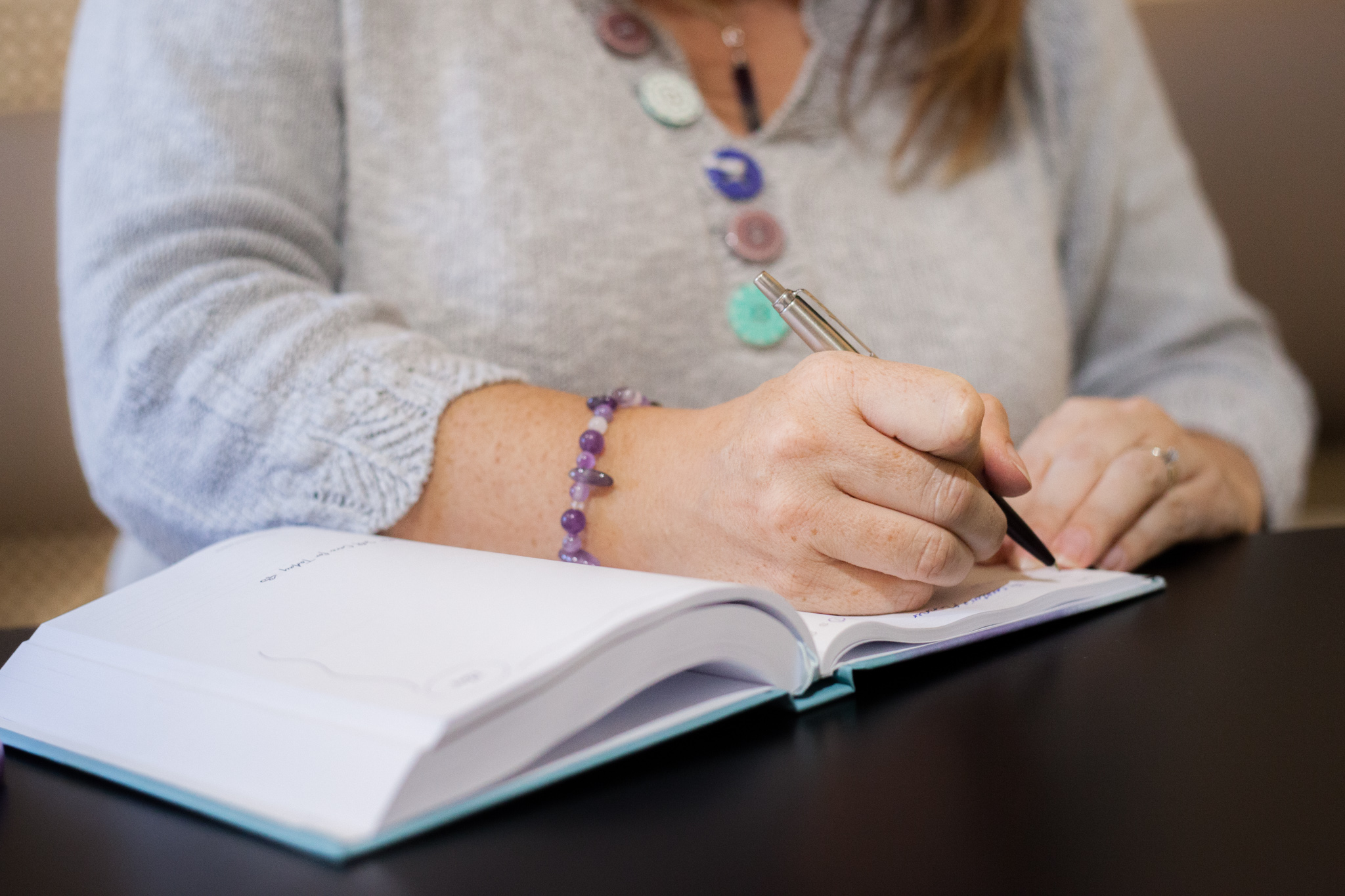Does your mind feel like this when you’re trying to rest, relax or even meditate?!
You’re not alone. Especially during a pandemic. The extra burden that has been placed on women in particular, has been widely highlighted on a global level, with women being impacted from the virus greater than men. The UN said:
“There is no single society where we’ve achieved equality between men and women, and so this pandemic is being layered on top of existing inequalities, and it’s exacerbating those inequalities.”
Nahla Valji
Along with the new daily ‘normal’ of home-schooling, caring duties, family health concerns, work-from-home, endless Zoom calls, financial worries, stay-at-home orders…the list seems endless. It’s no wonder that stress levels and mental health issues are on the rise. Complete overwhelm is now commonplace.
But what can we do to keep our heads when quite literally, the world is falling apart around us? Here’s three ideas of where to start when you feel like your head is about to implode with worry and stress.
Ideas

- It’s good to talk
Can you chat with a friend or family member, to help ease your worries? Talking to people that you know can be a good way to gain clarity and perspective. Don’t let worries build up. You can also check out the NHS website on stress, anxiety and depression, for a useful list of links and numbers for professional help organisations. The Samaritans offers a crucial 24-hour service for people who are going through a difficult time or if they feel suicidal. Please do seek professional advice if you’re struggling to cope – there are some excellent support networks that can help you.

- Write it down
I know, I know, it’s a tired cliché *insert a hearty yawn*, but journalling has many proven benefits. You don’t have to show anyone your thoughts and scribbles, but writing them down can really help to clarify your mind, reduce anxiety and stress, and also pinpoint any triggers that set off worrisome thoughts. You can also help to improve your working memory by journalling and help to change a negative mindset into a more positive one. There’s a good article here. If you’ve got The Creative’s Planner, the Flow side of the page is perfect for offloading what’s whirring around your head.

- Sleep
Sleep is a natural medicine. Your body quite literally resets during quality sleep, and can help reduce the likelihood of diseases like diabetes and heart disease. Do you get enough sleep? Poor sleep is a common problem but there are some ideas (I’ve tried and tested them, doncha know!) of things that can assist you on your way to the land of nod.
- Put your devices away a few hours before bed. Do you sleep with your phone beside your bed? It’s a really addictive habit to be on your phone last thing at night or grab your phone first thing in the morning (from experience!). The blue light it emits is stimulant to keeping you awake. If you need to be contactable, alter how your phone receives information and only allow calls to come through. Pop your phone away from your immediate reach so you won’t be tempted to reach for it.
- How do you wind down? If you watch TV or movies before bed, could they be interfering with your sleep pattern? Try turning off earlier than you usually would and see if your sleep improves.
- My usual sleep-soothing routine is a hot bath, cup of tea and a book. There’s something about a book with physical pages (not an e-reader) that really sends me to sleep quickly and deeply. Read more on sleep and how to manage it, here.
How do you manage your stress levels? Let me know!



